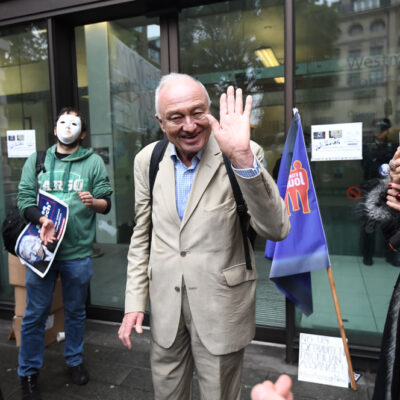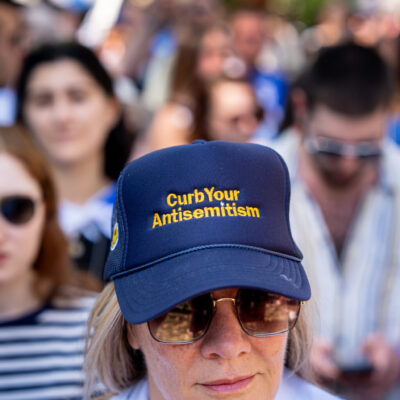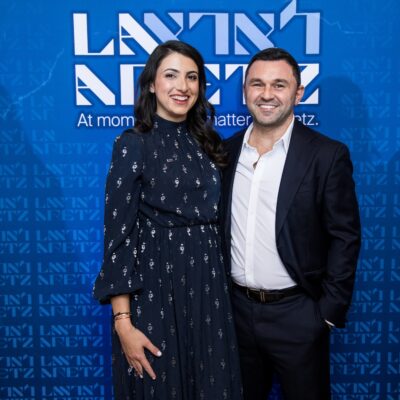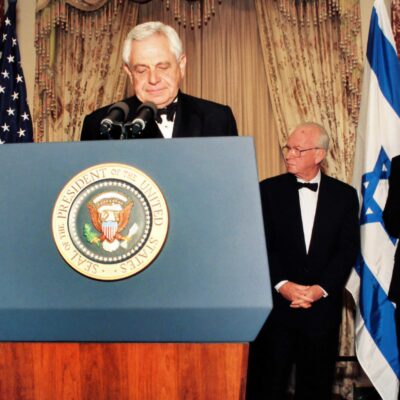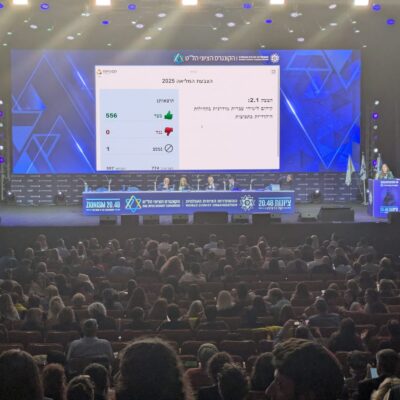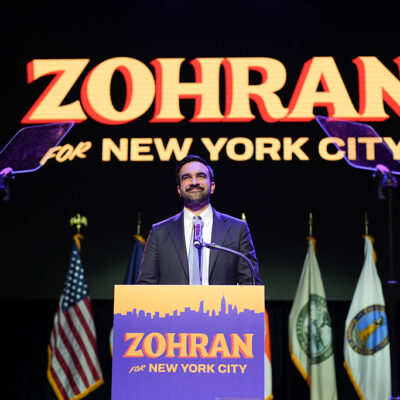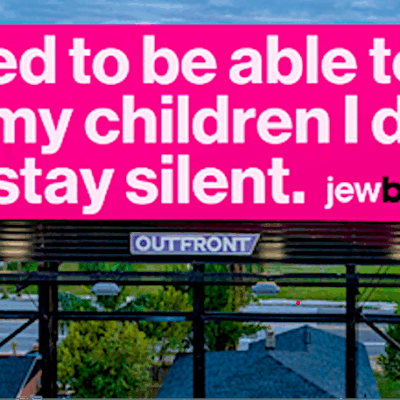Opinion
Get it Together: Young Adults and the Future of Your Organization

By Dottie Bennett
I recently attended a gathering in DC hosted by Moishe House, a pluralistic, international organization that enables young adults in their 20s to provide meaningful Jewish experiences for their peers. The evening included a passionate conversation about the future of the Jewish community and this got me thinking…
In order for our communities to continue from strength to strength, our methods of inclusion for this next generation of leaders and critical members of our communities must keep up with ever-evolving and changing trends.
As we have heard many times before, members of the millennial generation (those in their 20s and early 30s) are choosing different methods to connect with the Jewish community and many of our community’s existing organizations are not prepared for this dramatic shift.
Jewish young adults are seeking a strong, personal relationship to their community, spirituality, and peers. Welcome to the days of organizations built and structured around the interests and wants of the participants, with programs truly led and conceived by participants, with critical support and guidance by staff and lay leadership.
The current generation in their 20s is very different from generations before them. According to the Pew Research Center’s 2013 study, “A Portrait of Jewish Americans” these emerging adults often do not associate with institutions. Only 24% of Jewish adults under 30 are members of a synagogue; 41% have no denominational affiliation and 32% report having no religion.”
Furthermore, reports indicate a significant segment of younger Jews are creating new avenues and opportunities for Jewish involvement that do not replicate older patterns of Jewish communal participation (Kelman, Schonberg, 2008). This is evident in the Pew report which indicates that despite a low percentage of Jews under 30 connecting to the community in traditional ways, 73% still participated in a Seder last year.
In addition to Moishe House, there are other new and creative organizations building leaders giving young adults the authority to create meaningful Jewish experiences including Gather the Jews (a Washington, DC based organization “bringing Jews to organizations, organizations to Jews, and Jews to Jews”) and NovaTribe Series (a Northern Virginia organization providing Jewish young adults innovative programming and leadership activities promoting learning and giving back to the Northern Virginia community).
Many organizations working with millennials attribute their successes and accomplishments to a handful of themes and values that drive their companies to successfully engage the elusive millennial generation through:
- Accessibility – Developing effective program models that are genuinely inclusive of the breadth of Jewish expression in our communities is critical to reaching today’s Jewish young adults. This doesn’t mean “watering down” content – it means creating programming that works. Additionally, building a safe and welcoming space for interfaith units to explore their Jewish identity is a must as this part of the Jewish community is rapidly growing.
- Meaningful – When rating universities, we often look at class size. Smaller classes mean more interaction and Jewish programming has similar themes. Many of these organizations’ models puts a premium on personal outreach and thoughtful interactions and doesn’t put programs on for the sake of drawing huge crowds, which is why traditional happy hours are rarely the cornerstone of their programming calendar.
- Collaboration – In addition to their own programs, organizations support existing community resources by partnering with various local Jewish groups. For Moishe House, this approach emphasizes the notion that the organization is an entry point to Jewish life and not the end point. By organizations that emphasize collaboration, participants become aware of additional programming options in their local Jewish community.
- Pluralistic – There is no single, universal make-up of a Jew and that is true of so many participants in these organizations. For Moishe House, being pluralistic offers opportunities for engagement to young adults of all Jewish backgrounds and identities. In many cases, programs are filled with an interfaith couple, a modern orthodox participant, and a resident who grew up going to a Conservative Day School, all of whom connect with one another and the community at large.
- Portability – As millenials find themselves moving frequently during their 20s, the skills and resources that these organization are equipping them with not only strengthen the community they receive them in, but also serve to strengthen their new communities. Thus, the investment in these young adults is one that will continue bearing “fruit” for many years.
All of our communal institutions can learn lessons from these organizations’ success in engaging millenials. With a peer-driven model as their foundation, these organizations are enabling passionate young leaders to create community and meaningful Jewish experiences based on their own interests and preferences. Many of our long-standing Jewish institutions should take note of the approaches of Moishe House, Gather the Jews and Nova Tribe Series (to name a few) if they too wish to remain at the forefront of Jewish life for years to come.
Dottie Bennett, Falls Church, Virginia is past chair of Project Interchange, former past president of the AJC Washington Chapter and its Civic Achievement awardee. She has also served on the Board of the United Jewish Endowment Fund.

 Add EJP on Google
Add EJP on Google